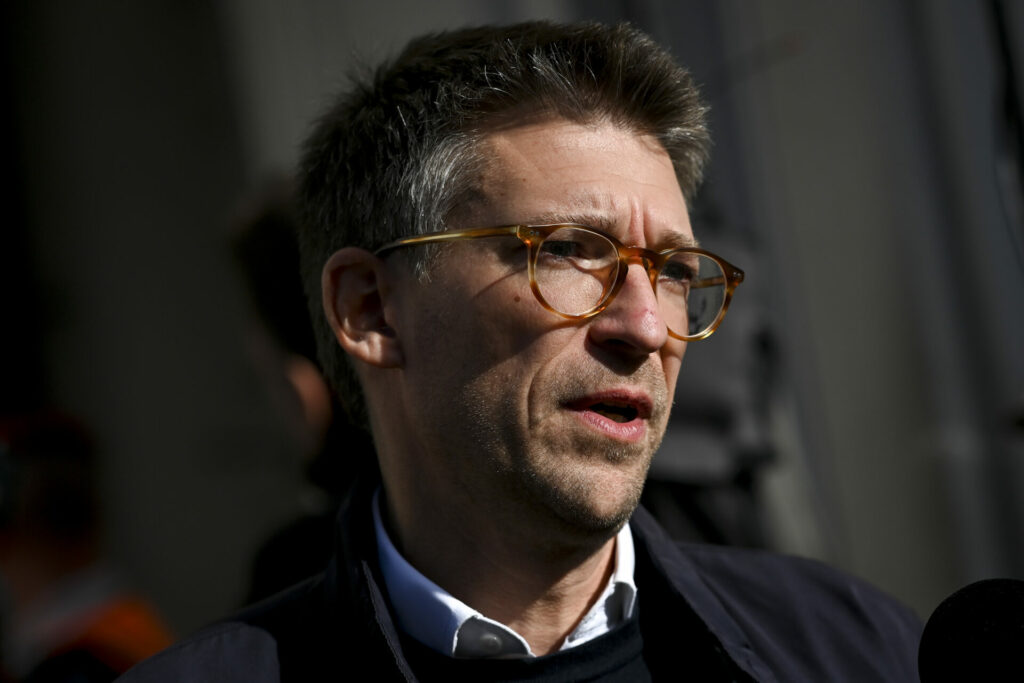Belgium's budgetary situation is "worrying", the country's Minister of Economy and Employment, Pierre-Yves Dermagne, has admitted in an interview with l'Echo.
"The budgetary situation is indeed worrying and we must work on it," Dermagne said. He added: "These [Covid and current energy] crises have highlighted the need for powerful social protection mechanisms. But we must indeed be attentive to the evolution of our public finances."
Belgium is currently on course to run the joint-highest budget deficit in the EU next year (5.8%), and it is forecast to run the joint third-highest within the bloc in 2024 (5.2%).
Worryingly, the EU's fiscal limit of 3% of GDP — which became European law in the late 1990s but was temporarily suspended during the Covid-19 pandemic — is also scheduled to re-enter into force in 2024, putting Belgium on a potential collision course with the EU authorities in its contravention of EU budgetary law.
Belgium's budget blunder
Dermagne's comments come against the backdrop of a scandal that has engulfed Belgium's political class over the past month, in which the Federal State Secretary for Budget and Consumer Affairs, Eva De Bleeker (Open VLD), was forced to resign after she was alleged to have intentionally presented an over-optimistic assessment of the state of Belgium's finances to the European Commission.
"Such an episode always leaves marks," Dermagne said. "I have a lot of sympathy for her. But it was in an untenable situation when erroneous budget tables were transmitted to [the Belgian] Parliament and the European institutions... It was not an easy and pleasant episode, but we quickly turned the page."
Demargne added that, despite Belgium's budgetary difficulties, the "priority project" of the Belgian government is "to continue to protect people".
Related News
- Belgium to run joint highest budget deficit in the EU next year
- Belgian Budget Secretary resigns after EU finances gaffe
"It's the beginning of winter and it's terrible to say that in 2022 in a rich country, but we can't let people have to choose between taking care of themselves and heating themselves, feeding themselves," Demargne said.
"We must evolve the devices according to what we learn from the crises. We must reform the social tariff to help a larger part of the population... but taking into account income in a more progressive way. Of course, one of the big projects will be tax reform. This must support the purchasing power of workers – especially those with low and middle incomes."
Demargne confirmed that "budget neutrality... must be one of the goals" of the proposed reforms.

